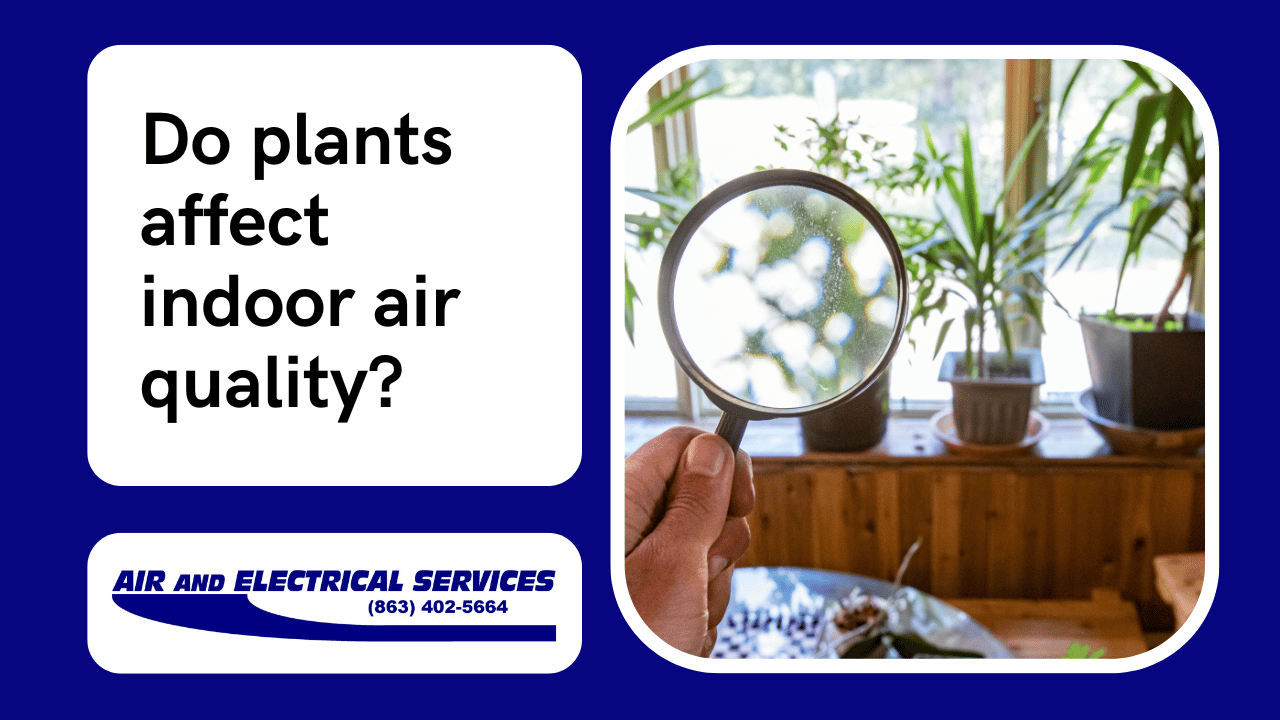YES and Plants actually improve indoor air quality by removing pollutants from the air.
Some of the pollutants that plants can remove include:
- Volatile organic compounds (VOCs): VOCs are chemicals that are released from many common household products, such as paints, cleaning supplies, and air fresheners. VOCs can cause a variety of health problems, including headaches, nausea, and eye and nose irritation.
- Formaldehyde: Formaldehyde is a chemical that is used in many building materials, such as plywood and particleboard. Formaldehyde can cause cancer and other health problems.
- Nitrogen dioxide: Nitrogen dioxide is a gas that is produced by burning fossil fuels, such as gasoline and natural gas. Nitrogen dioxide can cause respiratory problems, such as asthma and bronchitis.
Plants can also improve indoor air quality by adding humidity to the air. Dry air can irritate the nose, throat, and lungs. Adding humidity to the air can help to relieve these symptoms.
How many plants do you need to improve indoor air quality?
The number of plants you need to improve indoor air quality depends on the size of your room and the type of pollutants you are trying to remove. A good rule of thumb is to have one plant for every 100 to 400 square feet of space.
What are the best plants for improving indoor air quality?
Spider plant
Snake plant
ZZ plant
Peace lily
English ivy
Areca palm
Rubber plant
Boston fern
Gerbera daisy
Chrysanthemum
Aloe vera
Pothos
Dracaena
How to care for your indoor plants
To keep your indoor plants healthy and thriving, it is important to provide them with the proper care. This includes watering them regularly, giving them enough light, and fertilizing them occasionally.
- Watering: The amount of water your indoor plants need will vary depending on the type of plant and the climate you live in. A good rule of thumb is to water your plants when the top inch of soil is dry.
- Light: Most indoor plants need bright, indirect light. Avoid placing your plants in direct sunlight, as this can scorch their leaves.
- Fertilizing: Fertilize your indoor plants every few weeks during the growing season (spring and summer). Use a balanced fertilizer that is diluted to half-strength.
So the answer is yes. Indoor plants improve indoor air quality!


